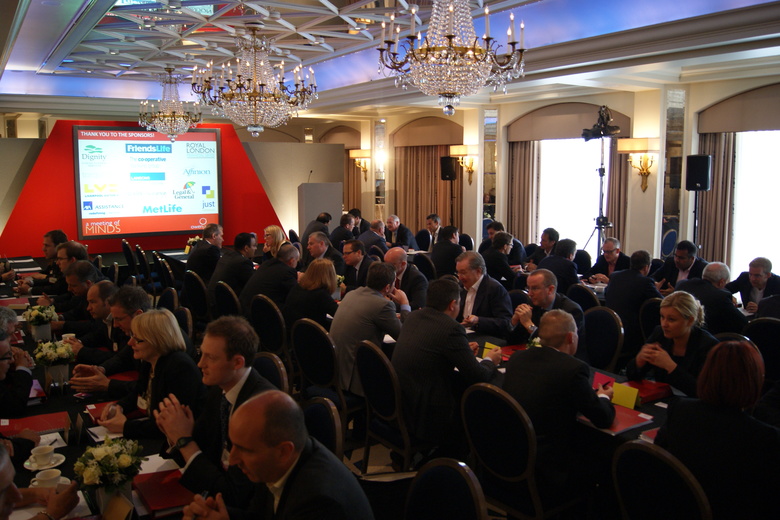
Populism is on the rise around the world - what are the drivers and where do they come from?
Ecomonic
- Globalisation has massively redistributed wealth from developed economies to the emerging world, especially to Asia, and at the same time the lower middle class in the western world have seen their incomes stagnate. Over the same period the global elite (top 1 percent) have seen their wealth increase substantially
- Economies have taken much longer to recover their pre-crisis levels compared to similar historical events
Political
- In the USA politics have moved to the centre whilst public opinion is polarised to the extremes (left and right wing). The UK political scene exhibits a similar trend
- The fact that the UK referendum on EU membership and US Presidential election were both won by populists is expected to influence voters in the upcoming Italian referendum and French and German national elections and fuel further uncertainty
- False news become truisms, and populists may find that it’s not easy to deliver what they have promised once they have power. There is a danger that populists will look for a scapegoat if things do not work out for them
- Political discourse has changed (Trump: “you would be in jail”) and there appears to be no adverse consequences for politicians who mislead voters.
Personal
- The death of deference. Sentiment towards the establishment, political and business, is overwhelmingly negative. Individual citizens have a tendency to believe that things are worse than they are
- Potential paradox in an information-age is that the information we are fed is increasingly narrow due to the effects of algorithms employed by organisations such as google. Individual citizens now consume news media in a way that reinforces the views they personally hold, meaning there is an increasing lack of balance, breadth and objectivity reaching many individuals
- Has public opinion really changed or is the media amplifying views that have always been there?
Implications for the Industry
- Risk of poor investment returns in the next 3-4 years.
- Chat rooms on some influential unregulated consumer websites borders on personalised advice.
- The way that individuals gather and consume information has radically changed. There was a feeling that the magnitude of a financial decision is likely to determine what advice can be successfully delivered online verses in-person.
- Online advice can be a combination of art and science.
Future Considerations
- Correctly identifying key future trends is less difficult than correctly predicting the speed of adoption and implementation
- Is there a synergy that can be exploited between the various professions who are being disintermediated by machines?
- Globalisation and populism are not inextricably linked
- Swiss experimentation with universal benefit payments


